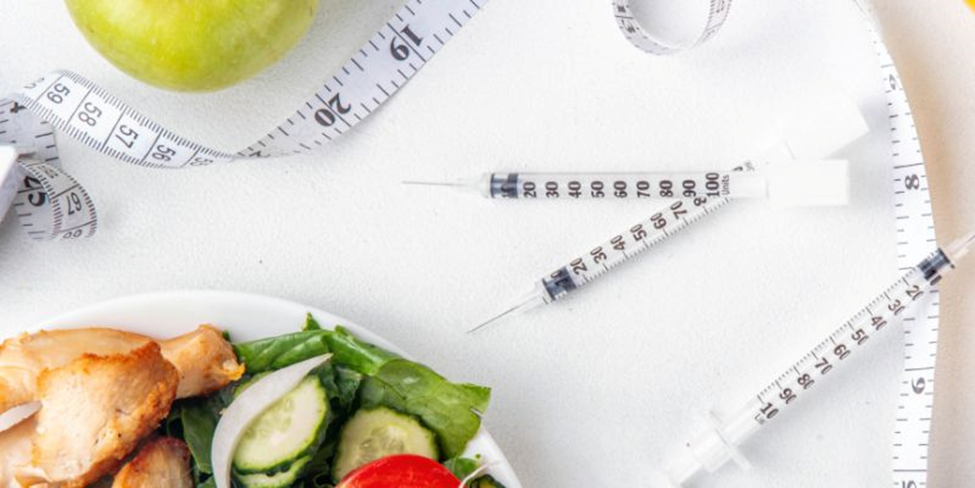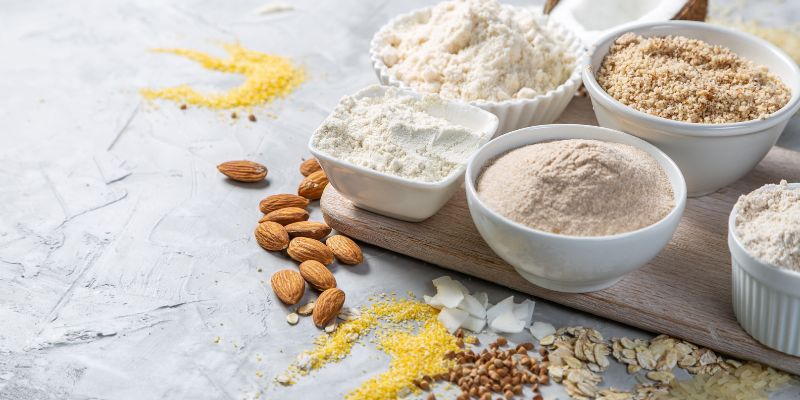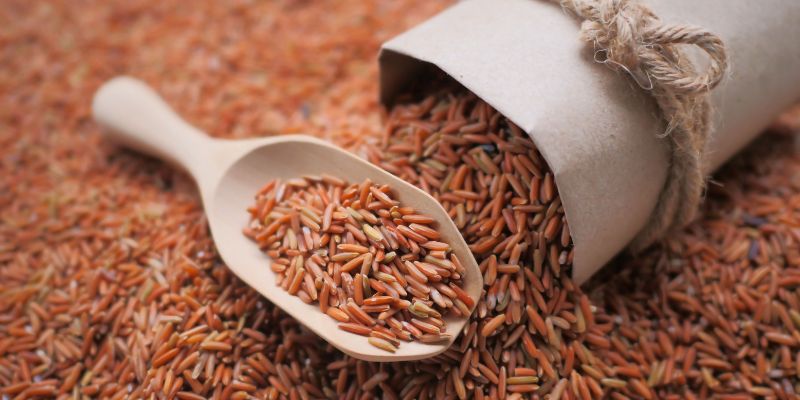Managing Your Diabetes and Your Blood Sugar: Tips for The Patients
In this modern world, diabetes is still considered a life sentence, but it is not true. It can be reversed if people with diabetes put in the effort. Unfortunately, most patients fail to achieve that goal due to a lack of awareness and consistency. But that does not mean that you will also be not able to manage diabetes.
There are various ways to keep blood sugar levels balanced. For example, regular exercise, managing carbohydrate intake, eating more fiber, getting enough sleep, and drinking plenty of water can help keep blood glucose levels under control. Remember that managing diabetes is crucial to living longer and healthier. But that would only be possible if you knew how to manage it. So, let's walk through this article and learn that in detail here!

Tips for Managing Your Diabetes and Blood Sugar
Diabetes is a chronic disease in which a patient's blood sugar levels are abnormally increased. If it is left unmanaged, it can lead to further serious diseases and complications. So, if you have diabetes and want to keep your sugar in control, you need to be watchful in following some important and valuable tips. Here are some of those:
Regular Exercise and Stress Management
Exercise and movement help you increase insulin sensitivity and manage weight. With increased insulin sensitivity, your body cells can more effectively use glucose. Exercising your muscles can use more glucose for muscle contraction and energy. It is better to check your blood sugar levels before and after exercise. Doing this will help you keep track of your progress and check your body's response to different physical activities. In the beginning, you can try a shorter session. You can start from 10-minute sessions thrice a day and then increase gradually. Some of the useful exercises are:
- Running
- Biking
- Swimming
- Weightlifting
- Half squats
- Jumping Jacks
Stress can also help you in stress management. Remember that stress can significantly affect your sugar levels. When you are stressed, glucagon and cortisol hormones are released. These hormones raise sugar levels. So, if you want to manage your diabetes and blood sugar, you have to avoid stress. Here is how you should do exercise. Besides that, you should also:
- Practice mindfulness and deep breathing
- Meditate
- Do arts and crafts
- Consult a professional if you have severe stress
Managing Carb Intake and Drinking More Water
Managing your carb intake will help you maintain blood sugar levels and manage diabetes. When you eat so many carbs unwatched, it results in the malfunctioning of insulin. The American Diabetes Association suggests that people with diabetes can manage their carb intake by counting them. It makes them aware of how many carbs they need daily. You should prefer carb sources like whole grains and other unprocessed foods. They offer more nutritional value and reduce your blood sugar levels.
Likewise taking lower carbs, you can maintain blood sugar levels by drinking plenty of water. It prevents dehydration and helps the kidneys excrete extra sugar in urine. Professionals say that people who drink enough water are less likely to develop high blood sugar levels. It is because drinking more water hydrates the blood and lowers the sugar levels, ultimately reducing the risk of diabetes. That doesn't mean you would hydrate yourself with sweet drinks. Just drink water and zero-calorie drinks.
Eating More Fiber and Low Glycemic Food
Eating more fiber slows down carbohydrate digestion and sugar absorption in the body, helping you manage your blood sugar levels. The two kinds of fibers are soluble and insoluble. Both are important, but soluble fibers are seen to improve blood sugar levels more. Therefore, professionals suggest that females should include 25 grams and men must have 35 grams of fiber in their daily diet. Here are some rich fiber sources that you should include in your diet:
- Fruits
- Vegetables
- Whole grains
- Legumes
The GI measures how fast carbohydrates are broken down and absorbed in the body. The GI categorizes the foods into low, medium, and high GI scores ranging from 0 to 100. The low GI foods ranked 55 or less can reduce your blood sugar levels. Here are some of the low-glycemic foods that you should eat:
- Bulgur
- Oats
- Beans
- Barley
- Lentils
- Legumes
- Non-Starchy vegetables
Getting Enough Sleep
Lack of sleep and rest negatively affect sugar levels and increase the risk of type 2 diabetes. It also raises the cortisol level, a hormone involved in blood sugar management. Adults must take quality sleep of 7-8 hours. You can take the following measures to improve your sleep:
- Avoid caffeinated drinks before bedtime
- Engage yourself in physical activities during the day
- Cut down screentime at night
- Sleep in a comfortable space
Don't forget to monitor your progress when you do all that. That's because when you track your progress, you do better. The same is true for tracking your blood sugar levels. For this, you can use a portable glucometer to record the numbers. Doing so will help you decide whether to change your diet or medicine. Tracking your sugar levels before and after meals or exercising in pairs is better. It will give you a better understanding of managing your sugar levels.
Portion Management
Portion control and regulating your calorie intake help you maintain your weight and manage your blood sugar level. It is seen that portion management reduces the risk of type 2 diabetes. Here are some tips to manage your portion size:
- Eat slowly
- Measure and weigh your food
- Keep a food journal
- Read food labels before buying
- Use a tracking app
Conclusion:
If you have diabetes and are not changing your lifestyle, it can be fatal for you. Yes, you heard it right. People with diabetes must include a healthy diet and physical activities in their routines to manage sugar levels. Sleep well, manage your carb intake, drink more water, eat low glycemic foods, track your progress, exercise, manage your stress levels, and see the magic. So, what are you waiting for?













